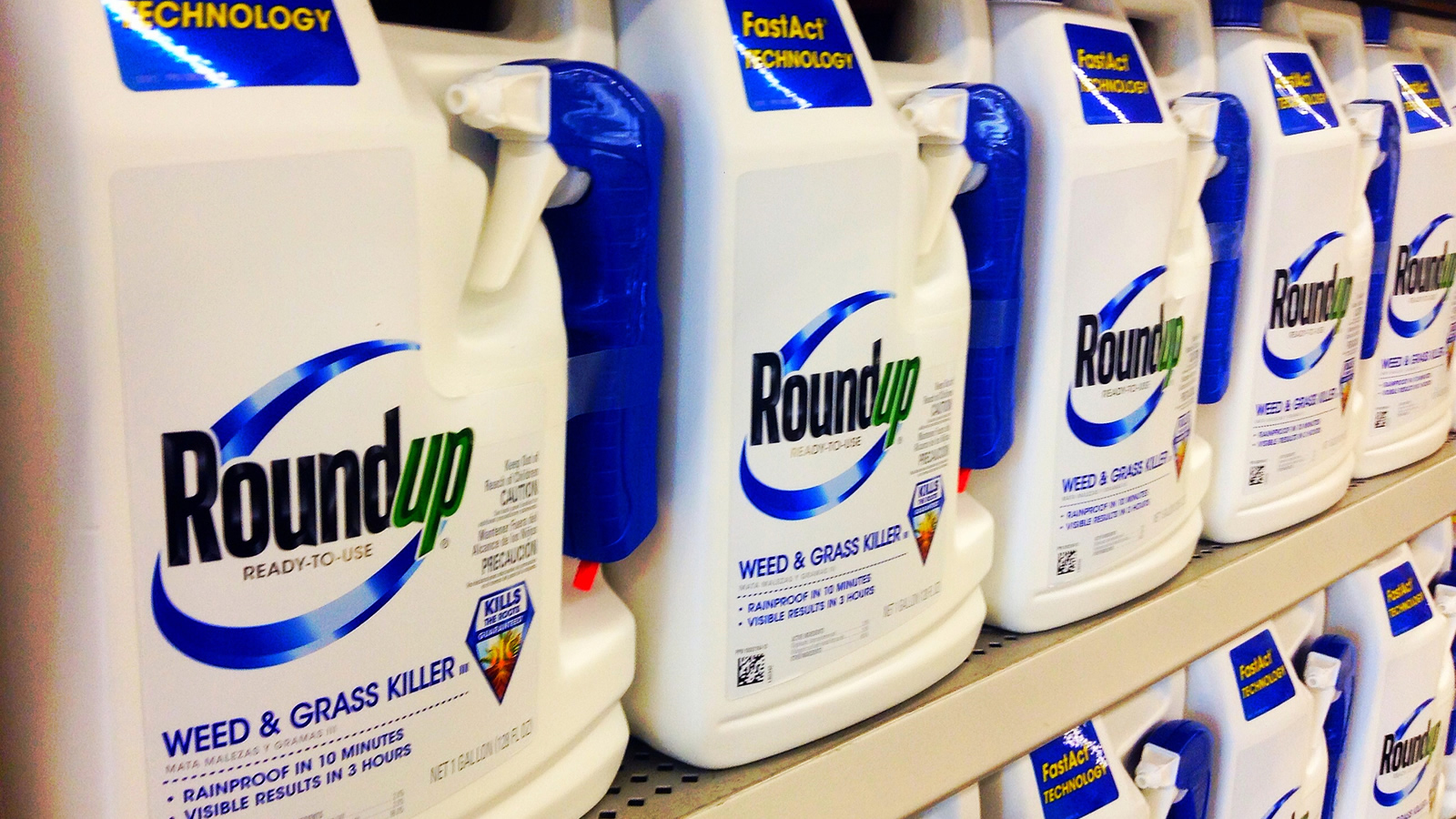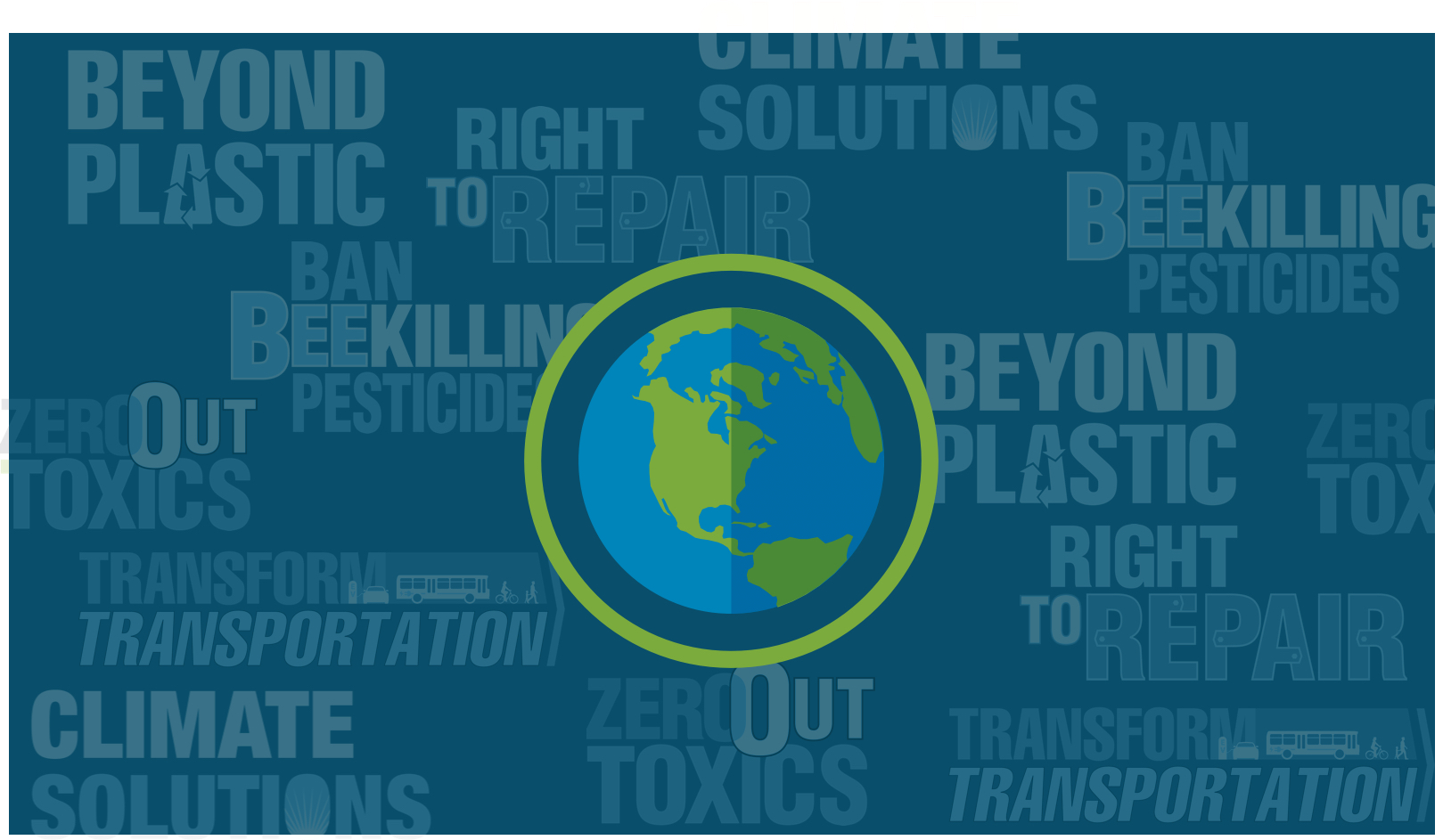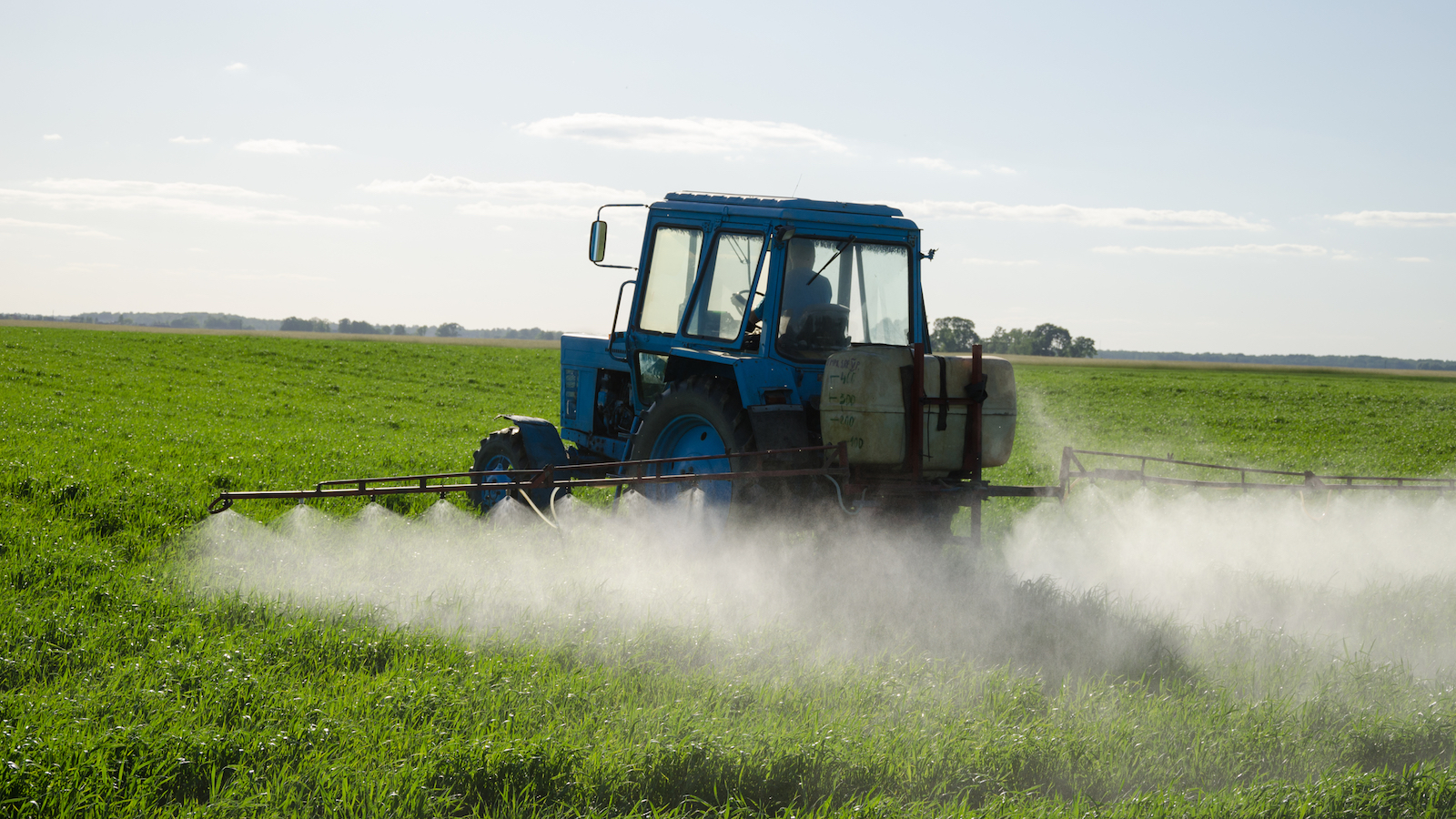
Big Win: Montgomery County votes to restrict the cosmetic use of toxic lawn pesticides, protecting public health and our environment.
The Montgomery County Council just voted to restrict the cosmetic use of toxic lawn pesticides, protecting public health and our environment.
The Montgomery County Council just voted to restrict the cosmetic use of toxic lawn pesticides, protecting public health and our environment.
Today I sat in the packed room of activists and advocates for the vote. Safe Grow Montgomery volunteers have worked tirelessly to build the grassroots support necessary to stand up to the chemical industry and we were proud to join them and support the bill. The Council voted 6-3 with Councilmembers Leventhal, Hucker, Riemer, Erlich, Navarro, and Floreen voting yes.
Mounting evidence shows links between exposure to these toxic chemicals and serious chronic diseases like cancer, autism, ADHD, asthma, and a whole host of other illnesses.
These toxic chemicals drift, polluting our air, running into our waterways, and tracking into our homes on our shoes and clothing.
A big thanks to the Montgomery County Council for passing such strong reform and leading our state in regulating toxic chemicals. They couldn’t have done it without the support and action of people like you.
Keep your eyes peeled for news stories, but here is the Washington Post’s initial coverage.
Details on the bill, from Safe Grow Montgomery:
Beginning July 1, 2016 on County-owned property, and Jan. 1, 2018 on privately-owned property, Bill 52-14 will only allow safer “listed” pesticides on lawns, playgrounds, mulched recreation areas and children’s facility grounds. Those safer “listed” pesticides are minimum risk pesticides exempt from EPA registration, and EPA-registered pesticides that are recommended by the U.S. Nationals Organics Standards Board. Neonicotinoids will be prohibited on County-owned property, with the exception of agricultural use and Parks-Department maintained property. The Parks Department may not apply pesticides within 25 feet of waterbodies subject to exceptions.
Any pesticide may be used on gardens (food crops/ornamental plants), golf courses, trees/shrubs, agriculture, County Code Ch. 58 weeds (poison ivy and others), invasive species (to be identified by DEP by March, 2016), and playing fields. Any pesticide may also be used to control a pest outbreak that poses an imminent threat to human health or significant economic damage.
The Parks Department will conduct a 5-field organic playing field program to learn best practices, and is required to present by Sept. 1, 2019 a plan to County Council to transition in 2020 the rest of its playing fields.
Topics
Authors
Emily Scarr
State Director, Maryland PIRG; Director, Stop Toxic PFAS Campaign, PIRG
Emily directs strategy, organizational development, research, communications and legislative advocacy for Maryland PIRG. Emily has helped win small donor public financing in Baltimore City, Baltimore County, Howard County, Montgomery County, and Prince George's County. She has played a key role in establishing new state laws to to protect public health by restricting the use of antibiotics on Maryland farms, require testing for lead in school drinking water and restrict the use of toxic flame retardant and PFAS chemicals. Emily also serves on the Executive Committees of the Maryland Fair Elections Coalition and the Maryland Campaign to Keep Antibiotics Working. Emily lives in Baltimore City with her husband, kids, and dog.
Find Out More

The weed killer Roundup has been linked to cancer. It’s time to ban it.

This brain-damaging pesticide was banned in 2021. Now, it’s coming back.

Why give to PIRG this Earth Day?
